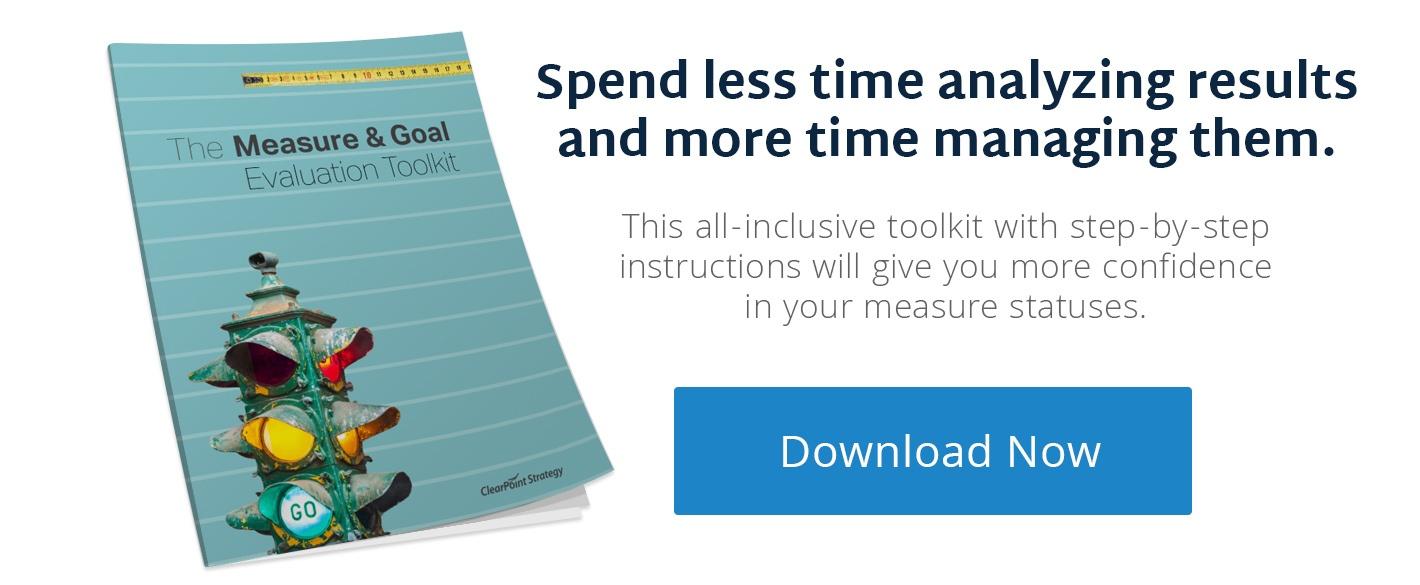
How do you successfully define, measure, and achieve your strategy? That is the art of corporate performance management, and it’s not easy to do. Performance management is a broad set of knowledge that encompasses the strategies of your entire organization, from goals to employee initiatives.
If you’re not sure where to begin or how to approach performance management, seek out someone who’s been there before. To get you started, we asked strategy managers, executive leaders, and consultants in a variety of industries for their top piece of advice regarding corporate performance management. Here’s what they had to say:
1. Set a focused end goal.
“My top advice for performance management is setting the focused end goal and trusting that your executive lead will fill in the plan. Make sure to get buy-in from everyone, as the goal won’t be successful if there are disagreements on what the actual end goal is. You don’t hire high-level people to lay out a detailed plan for them, you hire them to execute. A few examples: a CRO goal of selling $20 million in revenue in calendar year; a CPO goal of creating two new products by end of year; and an HR goal of finding 20% savings among worker’s comp, benefits, wellness, or software without reducing productivity.”
Greg Kuchcik, SPHR-SCP
VP of Human Resources, Zeeto.io
2. Tie KPIs to strategy.
“To do performance management right, you should tie KPIs (key performance indicators) to the company’s overall strategic objectives. Executives drive the business forward, and breaking down those objectives quarterly into smaller KPIs will make it manageable and measurable, and will quickly identify when things are not being done.”
Jana Tulloch, CPHR
Founder, Tulloch Consulting
3. Set targets for each team member.
“Performance management starts with identifying specific, measurable targets for each member of your organization. A company cannot achieve top-line strategic objectives without each member of the team achieving their piece of the puzzle. Each employee needs to be able to articulate the company’s goals and see how their contributions help achieve those stated objectives.”
Lauren Healey, MBA
Human Resources Director, Encompass Health Rehabilitation Hospital of New England
4. Assess and reassess for alignment.
“Alignment. Constantly (and with brutal honesty) assess and reassess the alignment of organizational goals, hiring practices, culture, and processes to the organization’s true north. If strategic goals, hires, culture, or processes are not in alignment with your true north, immediately hit the pause button and reassess the “what” and “why” of your activities or plans.”
Heather Larivee, PMP, LSSGB, RYT-200
Founder & CEO, Sparkflo, LLC
5. Practice transparency.
“Successful corporate or executive performance management thrives through a culture of transparency. In order to create transparency at our company, we review overall objectives and track progress for everyone to see during the weekly executive meetings. This ensures upper management has visibility into all the tasks required to achieve a specific goal, even if it doesn’t directly impact their functional area. The more key leaders are aware of the greater operations, the better they will perform.”
Jared Weitz
CEO & Founder, United Capital Source Inc.
6. Get creative and tailor your system.
“I’ve found that spending time to devise your own performance appraisal system is more beneficial than trying to fit your team into a mold. Before defining metrics, analyze your organizational needs, goals, processes, work activities, and expectations. Then categorize these by degree of importance before deciding whether they need to go into the performance appraisal system. At this stage, it’s good practice to get feedback from managers and employees on what they actually do on the floor rather than making assumptions on your own. Better still, spend time with them and observe before deciding on metrics. What you’ll end up with will be something customized and tailored to your team.”
Janil Jean
Head of Overseas Operations, Logo Design Guru
More On Performance Management
As you take in this expert advice and perhaps start to incorporate some of it into your own company, keep in mind that performance management is different than performance measurement. These are two related, but unique, processes—check out this in-depth article to learn more about the differences. In general, focus on finding effective, scalable ways to manage your corporate strategy. It takes hard work and thoughtful planning, but will pay off when you’re able to consistently achieve your goals.
